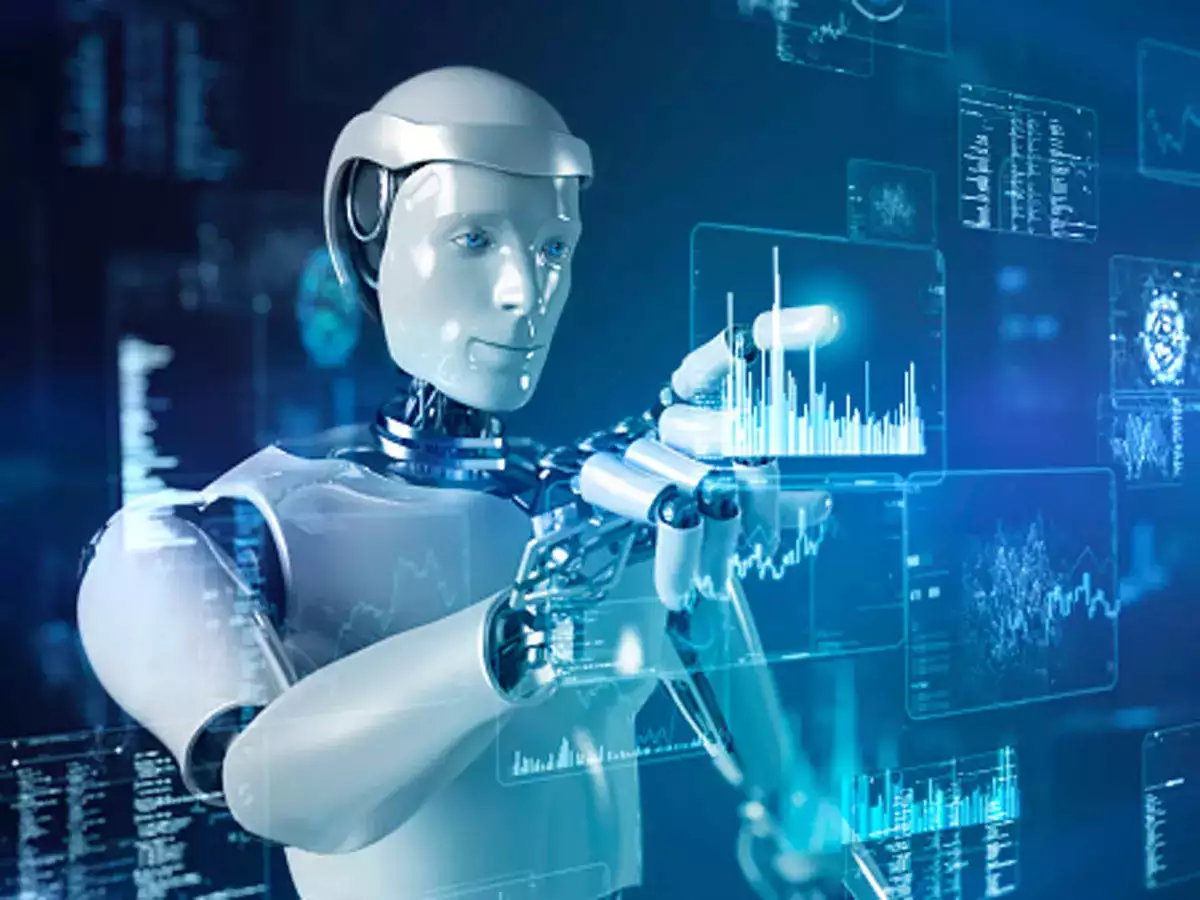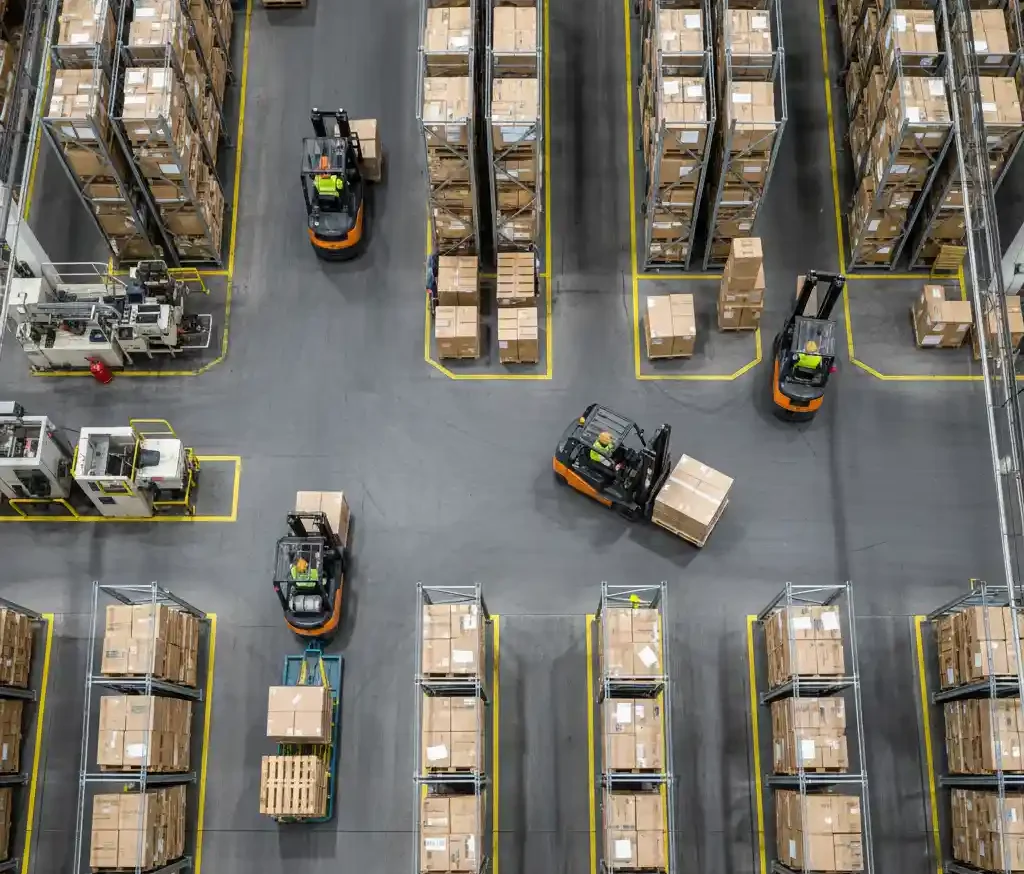Future of Artificial Intelligence Advancements and Possibilities
The future of artificial intelligence will bring about some very exciting and amazing advancements. These advancements will be very beneficial to the world. They will help the world be more efficient, and will also help to make the job of humans much easier.
Self-driving cars
Artificial Intelligence has become a critical factor in the advancement of autonomous vehicles. It has greatly improved the safety, functionality, and design of these vehicles. The public is closely watching the progress of self-driving cars.
Autonomous vehicles must have a variety of sensors to perform effectively. Aside from these sensors, they must also have a communication system. This communication system will help the car to recognize and interpret the various conditions and objects around it.
Machine learning algorithms are used to power the autonomous vehicles. These algorithms use patterns in data to identify objects, distinguish between different types of objects, and make accurate predictions.
The development of artificial intelligence has been significant in the last decade. It has expanded to include medicine and agriculture. In addition, it has greatly improved real-time monitoring and decision-making.
Several companies are working on autonomous cars. For example, Google’s self-driving car project uses lidar, cameras, and radar. Currently, Waymo One is available in Metro Phoenix and is planning to expand to Florida and California.
Augmenting the workforce
Augmenting the workforce with Artificial Intelligence (AI) has become a hot topic. This is because it combines human and machine intelligence to work together to streamline processes and create lasting efficiency.
Businesses need to understand this concept so they can implement an augmented workforce strategy. AI is being used in a wide variety of industries, and can be used to improve worker performance and safety. Some organizations are implementing an augmented workforce to increase employee productivity and reduce downtime.
The shift from full-time employees to an augmented workforce is redefining the nature of work. While there are still repetitive tasks that need to be handled, the reshaping of the future workforce will require a new skill set and new ways of working.
Companies should prepare the workforce for these changes by providing adequate training and resources. In addition to improving work efficiency, a reshaped workforce can increase employee satisfaction.
As AI becomes more sophisticated, companies will begin retraining their workers to ensure that they are prepared for the changing demands of their jobs. These changes will need to be incorporated into a broader, multiyear strategic workforce plan.
Accelerating the traditional process of warfare
Increasingly, the traditional process of warfare is being accelerated by Artificial Intelligence (AI). While this technology has been around for some time, it has not been able to fully integrate into the military sector.
The United States Department of Defense has made AI integration a top priority, with several initiatives underway to address the issue. Most of these innovations are being focused on unmanned systems. However, a number of countries are investing in AI technologies for other reasons, including an attempt to offset U.S. superiority in certain areas of military capability.
While it is true that AI can make better decisions, it is also true that bad decisions based on poor data can be disastrous. Therefore, DoD must prioritize data collection and sifting. There is a need to develop an effective chain of command to ensure that the proper decision is made.
The OODA loop – the observe, orient, decide, and act – is a useful model for analyzing how AI and human interaction can lead to improved outcomes. But the most important aspect of this loop is the fact that it keeps the human at the center.
Legal liability
Legal liability for artificial intelligence is a topic of debate. It relates to the question of how a machine with artificial intelligence should be liable to be held responsible for any damage it may cause. The concept of responsibility for AI is similar to that for natural persons.
A key point to consider when determining liability for artificial intelligence is whether the system has a legal personality. This would mean that it would be able to assert the rights and obligations of a person under the law.
Although AI can be considered a person, there are a number of differences between the two. For example, an AI program could be a criminal offender. In this case, the person who programmed the program could be held legally liable for the offence. Similarly, the operator of an autonomous car, which causes accidents, can also be liable for any accident.
One argument against granting legal status to artificial intelligence is that there is no causal relationship. This argument is based on the fact that the machine does not have the mental capacity to form mens rea.



